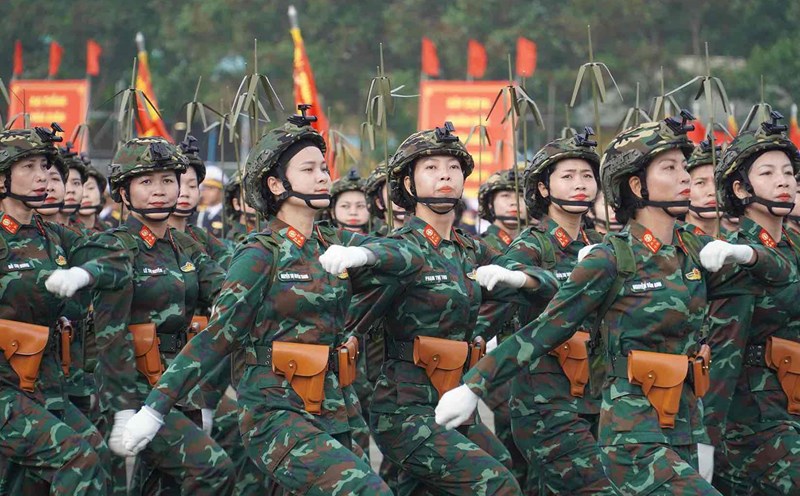Sharing at the launching ceremony of the Green Transformation Day 2025 event series with the theme: "Green Transformation - Joining Hands for a Sustainable Vietnam" organized by the Vietnam General Confederation of Labor, Lao Dong Newspaper in coordination with the Ministry of Agriculture and Environment on the morning of March 28, Dr. Tran Cong Thang - Director of the Institute of Strategy, Policy on Agriculture and Environment (Ministry of Agriculture and Environment) gave advice for businesses in changing and adapting to the requirements of green transformation.
Dr. Tran Cong Thang said that there are three main points that businesses need to pay attention to.
First, businesses need to clearly recognize the mandatory requirements of the market for green transformation. As experts have analyzed, especially in the agricultural sector, environmental and social criteria are becoming increasingly strict. Enterprises must comply with standards, in which traceability is a mandatory requirement.
For the seafood or fruit industry, technical fences are increasing, requiring clear growing area codes and farming area codes. When exporting to international markets, businesses will face inspection and evaluation from partners, and this is the direct competitive pressure.
Second, businesses must be proactive and have a long-term vision in technological innovation. Market policy can change at any time, and if there is no preparation, businesses will fall into a passive position. Investing in technology requires high costs, but if not converted early, businesses may lose competitive opportunities.
Third, social responsibility and environmental protection need to be given top priority by businesses. If businesses continue to abuse chemicals and natural resources, they will not only harm the environment but also destroy themselves.
Environmentally friendly and resource-efficient production solutions, such as the Project of 1 million hectares of high-quality rice with low emissions, are practical directions that need to be replicated. The human factor is also extremely important.
Enterprises need to focus on training human resources with new skills to meet the requirements of a green economy. The transition from a brown economy to a green economy requires changes in both thinking and working methods, in order to exploit resources more effectively and leave sustainable values for future generations. However, businesses will also face many challenges.
First is the economic efficiency problem. For farmers, profit is still a top concern. They will question whether green products can be sold at a higher price? This is the reason why support mechanisms are needed to ensure output and increase product value.
The second difficulty is related to investment costs. Green transformation requires large capital to invest in new technology, machinery and production processes. Without support from policies or preferential financial sources, many small and medium-sized enterprises will have difficulty implementing it.
In the end, thinking is a big obstacle. Green transformation is only truly effective when it penetrates deeply into the awareness of each business and each employee. This is a process that requires support from authorities at all levels, supporting organizations and businesses themselves. When there are appropriate support policies, businesses will have more motivation to boldly transform and develop sustainably.












